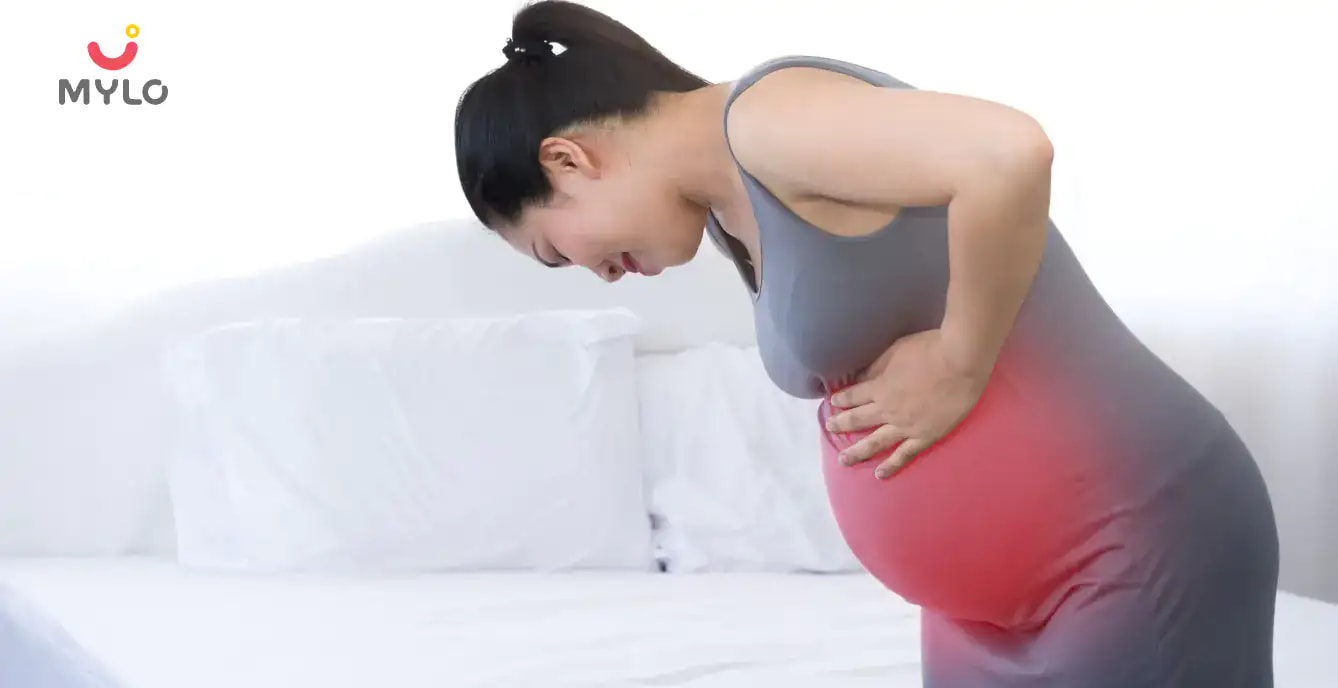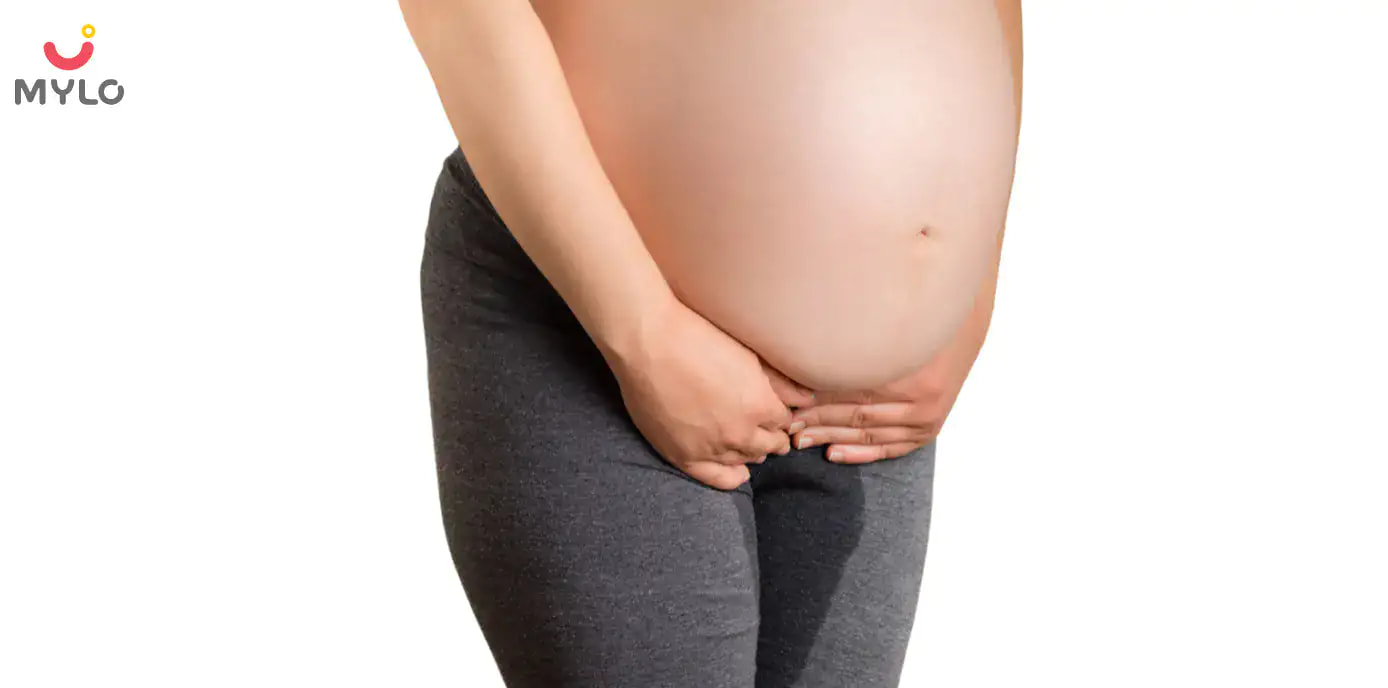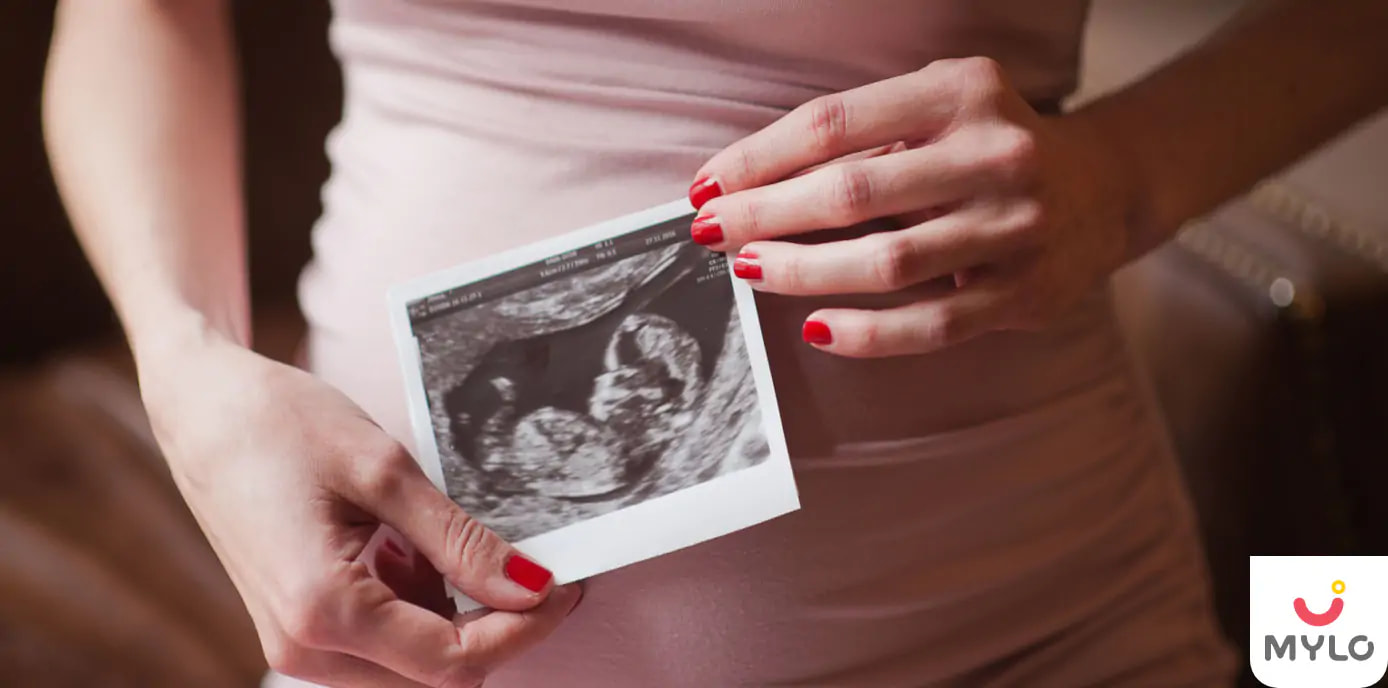Home

Baby Movements

How and when will you start feeling your baby movements?
In this Article

Baby Movements
How and when will you start feeling your baby movements?
Updated on 2 June 2022
A lot of women get worried because they feel their baby movements, and suddenly these movements stop – they question this action, and are usually worried if something wrong has happened. This article is going to elaborate on your baby’s movements and when one should and should not be worried
Once you start feeling a certain movement in your tummy – a lot of questions arise: was that gas? Or did my baby just move? Is my baby kicking too hard? Or was that a really light kick? These questions laid down here are going to be answered one by one in this article. Get ready to understand your baby’s moves!
Most women start to feel their baby move between 18 to 22 weeks. It has also been noticed that women who are thinner end up feeling more prominent kicks, and faster than others. It is obvious that after you feel your child kick once, you want to feel it more and more - you probably won't be feeling it consistently until he or she is bigger and packing a more powerful punch.
When it comes to how a kick feels some women describe it as - flutters, butterfly wings flapping, gas bubbles, growling stomach, twitches, light tapping, and like a little fish swimming. However, if as a going to be mother, you feel nothing like that – there is no reason to worry! Before long, those little movements will turn into bigger ones, leaving no doubt in your mind about what's going on inside your belly.
Apart from just how the baby movement feels, a lot of women also question how often should they feel their baby move. It has been noted that by the end of the second trimester, the kicks should become stronger and more frequent. Babies tend to move around a certain period of the day -they are usually most active between 9 p.m. and 1 a.m., right as you're trying to get to sleep
Once your baby has been kicking good enough, doctors suggest that one should monitor their baby's movements. Keeping track of all those little punches, jabs, and kicks to make sure your baby is still developing normally. Apart from this, it is also necessary to keep visiting your doctor about your baby’s movements!
To count movements, pick a time when your baby is usually most active. Get into a comfortable position either sitting down in a comfortable chair or lying on your side. There are various opinions laid down as to how one should track a baby's movement – However, the American College of Obstetricians and Gynecologists recommends noting the time it takes for your baby to make 10 movements. You should feel at least 10 movements within a two-hour period.
If you don't feel your baby move 10 times by the end of two hours, try again later in the day. Then if you still can't feel 10 movements in two hours, or your baby is much less active than normal, call your health care provider, who can check your baby's heart rate and movements.
A lot of women are worried about the idea that what if they don’t feel their baby move at all? This is a very worrisome situation for most mothers! We suggest that if you still haven’t reached 25 weeks, and are not feeling your baby move, then don’t panic. Give it time, and you’ll be able to feel your baby move, apart from just that you’ll also be able to figure out the time your baby is the most active!
A lack of movement also may mean that your baby is asleep. You may feel fewer kicks and jabs after the 32nd week as your baby gets bigger and has less room to move around in the uterus. However, it is time to call your doctor if your baby has started moving regularly and still you don’t feel at least 10 movements within a span of two hours.
We will also provide you with a guideline defining how baby movements occur depending on the weeks of pregnancy. Do give it a read, it will be very helpful:
Week 12: Your baby should start to move, but you probably won't be able to feel anything, because the baby is still so small.
Week 16: Some pregnant women will start to feel tiny butterfly-like flutters. The feeling might just be gas, or it might be the baby moving.
Week 20: By this point in your baby's development, you may start to really feel your baby's first movements, called "quickening."
Week 24: The baby's movements are starting to become more established. You might also begin to feel slight twitches as your baby hiccups.
Week 28: Your baby is moving often now. Some of the kicks and jabs may take your breath away.
Week 36: Your uterus is getting crowded as the baby grows, and movements should slow down a bit. However, alert your healthcare provider if you notice significant changes in your baby’s usual activity. You should feel consistent movement throughout the day.
We hope that this article has provided all going to be mothers and fathers ample information on baby movements, how to monitor the baby movements, and when one should visit their doctor! Thank you for taking out your precious time and reading this article!



Written by
Ravish Goyal
Official account of Mylo Editor
Read MoreGet baby's diet chart, and growth tips

Related Articles
Related Topics
RECENTLY PUBLISHED ARTICLES
our most recent articles

Brand_Tag_1
Do you want easy transition from breastfeeding to bottle-feeding? Here are some tips to help you do it.
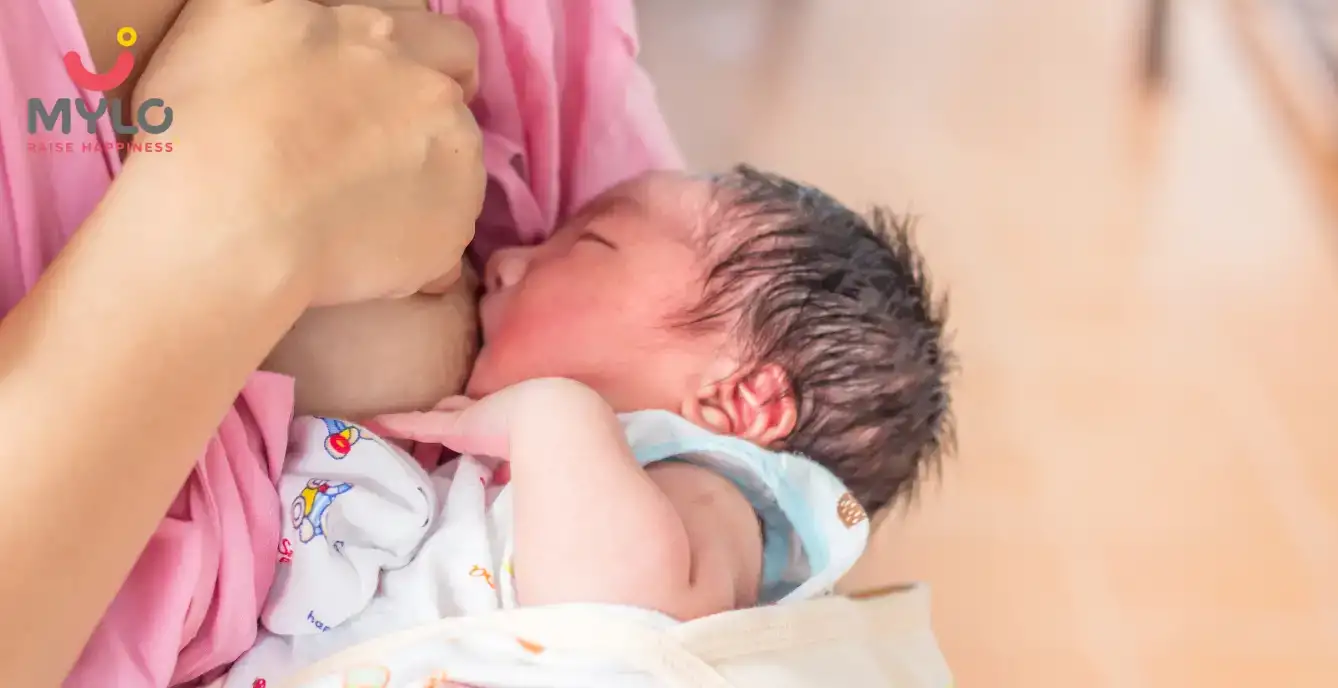
Celebrate Breast Feeding Week
Wondering how to track your baby's feed? Let us help you!
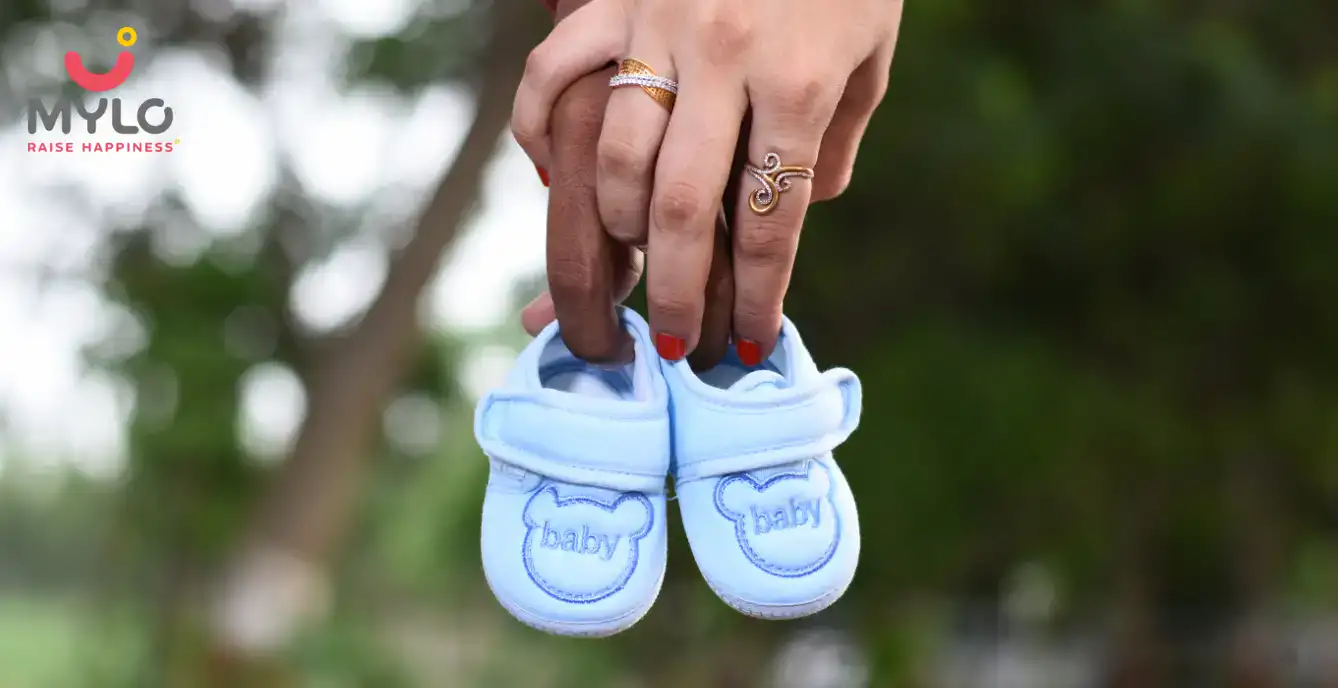
General Father
These are some alternatives for natural pregnancy

General Father
Prenatal massages to soothe your pregnant partner
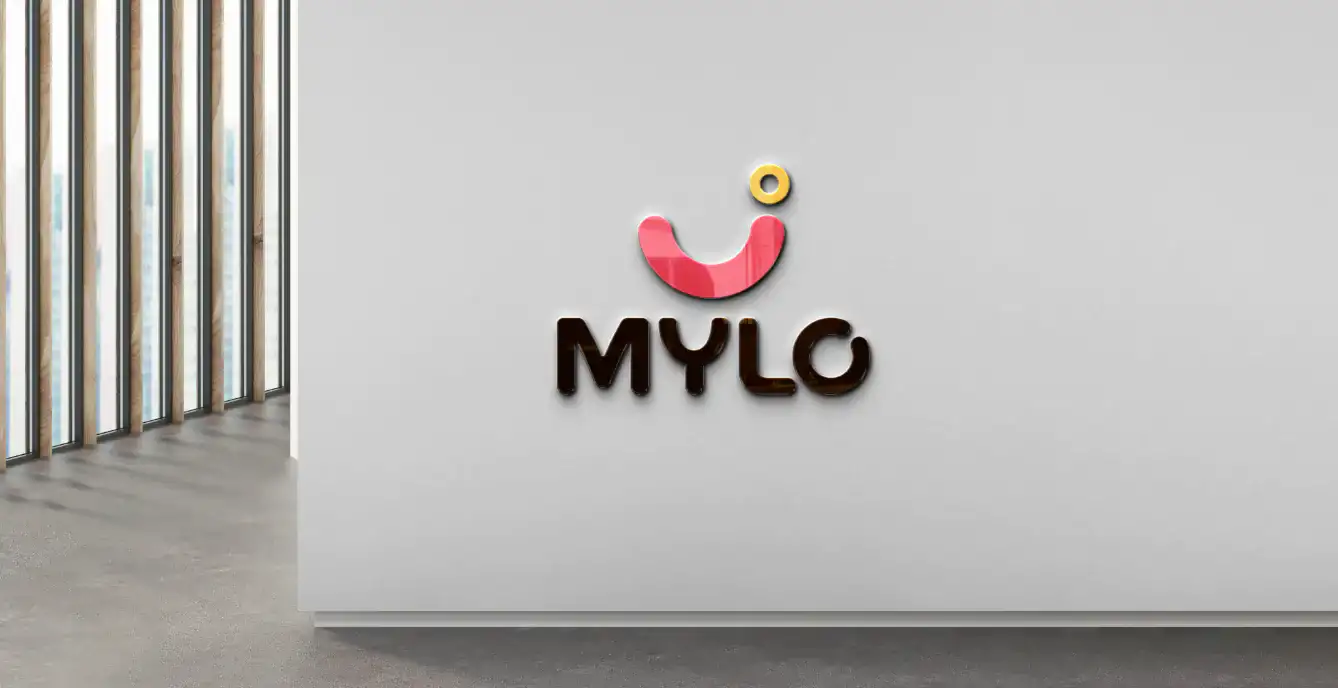
Announcements & Celebrations
[Funding alert] Mylo raises $17M in Series B round led by W Health Ventures, Endiya Partners and ITC Limited

Designing a Nursery
Nursery décor: Here are 11 decorating tips and ideas for your newborn baby’s magnificent nursery.
- 5 Fascinating Bedtime Stories for Babies
- My toddler only eats when she is on my lap
- What is the need for electronic fetal heart monitoring during pregnancy, labor, and delivery?
- Constipation in babies: Symptoms and Cure
- Childproofing checklist: Before your baby crawls
- Home essential medical kit for Corona.
- How to have a safe sleep during your pregnancy and what are the best sleeping positions?
- Being a new dad how can I comfort my newborn baby in the middle of the night?
- Numerous reasons for having 1 in million life partner
- Massaging your baby is not the best idea according to doctors
- jyadatar babys ko hone vali problems ka solutions
- Sharing responsibilities with your partner
- Ovulation- Few easy ways to detect your most fertile time
- Major Milestones and Tips to manage your 8-month-old baby


AWARDS AND RECOGNITION

Mylo wins Forbes D2C Disruptor award

Mylo wins The Economic Times Promising Brands 2022
AS SEEN IN
















- Mylo Care: Effective and science-backed personal care and wellness solutions for a joyful you.
- Mylo Baby: Science-backed, gentle and effective personal care & hygiene range for your little one.
- Mylo Community: Trusted and empathetic community of 10mn+ parents and experts.
Product Categories
baby carrier | baby soap | baby wipes | stretch marks cream | baby cream | baby shampoo | baby massage oil | baby hair oil | stretch marks oil | baby body wash | baby powder | baby lotion | diaper rash cream | newborn diapers | teether | baby kajal | baby diapers | cloth diapers |



